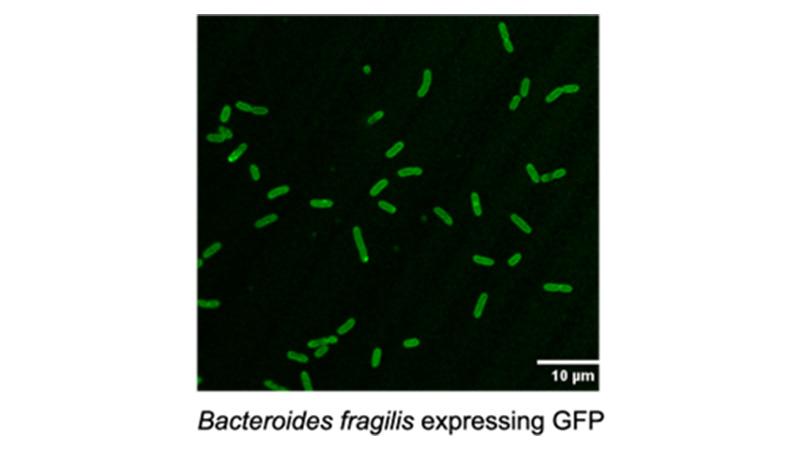2024-02-05 レンセラー工科大学 (RPI)

<関連情報>
- https://news.rpi.edu/2025/02/05/molecular-interactions-human-gut-help-regulate-balanced-microbiome
- https://www.science.org/doi/10.1126/science.adj9504
普遍的なモバイル遺伝子要素がヒト腸内共生生物の拮抗的武器を変える A ubiquitous mobile genetic element changes the antagonistic weaponry of a human gut symbiont
Madeline L. Sheahan, Katia Flores, Michael J. Coyne, Leonor García-Bayona, […], and Laurie E. Comstock
Science Published:24 Oct 2024
DOI:https://doi.org/10.1126/science.adj9504
Editor’s summary
Gut bacteria have many mechanisms for positive and negative interactions, and the trade among them is vigorous. Abundant Bacteroides species in the gut use conjugation with DNA transfer and a weaponized injection system called the type VI secretion system (T6SS) to pump effector toxins into competing cells. T6SS loci called genetic architecture 1 (GA1), GA2, and GA3 occur on large integrative and conjugative elements (ICEs), and their genes are some of the most commonly traded among the Bacteroidales. Sheahan et al. conducted transcriptomic analyses that revealed that GA3 is inhibited by an ICE bearing GA1 genes. Inhibition was mediated by a transcription regulator, also encoded by the ICE, that shuts off expression of the GA3 T6SS injection mechanism. Immunity proteins may also be involved. Competition experiments in germ-free mice hint that the interactions among GAs and ICEs regulate the abundances of different populations of Bacteroidales. —Caroline Ash
Abstract
DNA transfer is ubiquitous in the human gut microbiota, especially among species of the order Bacteroidales. In silico analyses have revealed hundreds of mobile genetic elements shared between these species, yet little is known about the phenotypes they encode, their effects on fitness, or pleiotropic consequences for the recipient’s genome. In this work, we show that acquisition of a ubiquitous integrative conjugative element (ICE) encoding a type VI secretion system (T6SS) shuts down the native T6SS of Bacteroides fragilis. Despite inactivating this T6SS, ICE acquisition increases the fitness of the B. fragilis transconjugant over its progenitor by arming it with the new T6SS. DNA transfer causes the strain to change allegiances so that it no longer targets ecosystem members with the same element yet is armed for communal defense.

